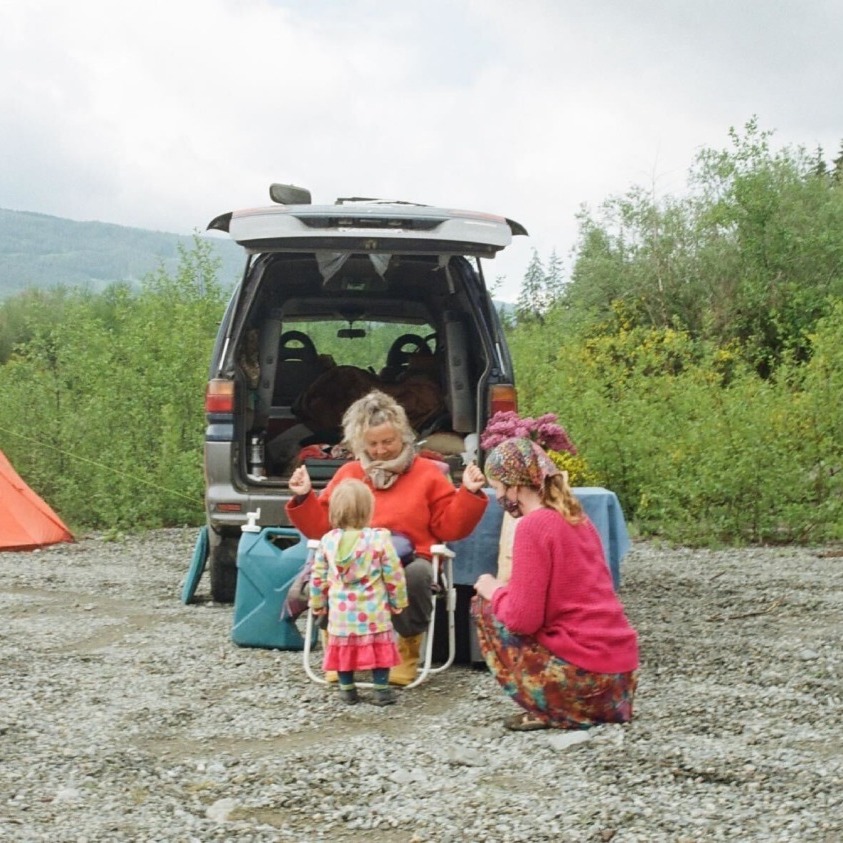
Style and activism: if what you’re wearing doesn’t reflect your values, you probably lack those values
If you look like you don’t thrift, I assume you’re more likely to be a snitch.
For three crazy months, I lived in the Fairy Creek protest blockades on Vancouver Island, B.C. The Indigenous and environmentalist-led protest against old-growth logging has been dubbed one of the largest acts of civil disobedience in Canadian history.
In this politically charged and revolutionary environment, someone’s style was one of the best determinants of whether you could trust them. No matter how hard they tried, undercover cops — who infiltrated protest encampments — could never correctly mimic the protester style, consistently getting picked out immediately based on how they looked.
When choosing a disguise, the cops overlooked the importance of aesthetically committing to the values synonymous with the environmental movement they were trying to blend in with. Protesters sacrificing typical comforts to live in a tent, in a tension-filled forest, obviously care about the environment. It was a lack of this same care that undercover cops put into their style that made them so identifiable.
In today’s particularly charged political climate, style stands out more than ever as a silent communication of values — especially as being progressive and socially aware becomes more mainstream.
I would never trust someone on Dalhousie University campus who shows up in fast fashion every day to sympathize with environmental issues, just as I would never trust an undercover cop. I also wouldn’t trust someone dressed head-to-toe in Aritzia — or any number of slightly more expensive fast fashion brands — to understand the ethical concerns that are important to my community and character.
In an environmental protest, the support of your community is crucial for your safety and emotional well-being. If your care for a cause isn’t reflected in your style, how can someone trust your support when police try to illegally arrest them, or trust you’ll risk arrest by hiking around police checkpoints to bring supplies to groups running low on food and water?
As social media users, social awareness of ethical issues is no longer a choice — Instagram stories of fast fashion infographics are burnt into our brains. If you’re reading this and you choose to wear fast fashion, I can confidently infer that you don’t care about the environment, because I know you’re aware of fast fashion’s environmental impact. If you claim to care about climate change but are wearing brand new Zara, I assume you’re a liar or a hypocrite. If you were involved in deviant acts of resistance, no one would risk sharing plans with you.
Social pressure to care about where your clothes come from has grown alongside general awareness of social issues. Sustainability is cool now, and it’s not enough to just look good. It’s more acceptable to judge a book by its cover because there’s a growing expectation to make an ethical statement with your clothing. If your clothes aren’t ethical, it’s clear you’re choosing not to care. If you look like you don’t thrift, I assume you’re more likely to be a snitch.
Cop or not, you can’t fake it. You can’t imitate styles that express certain values without living those values, especially when you’re part of a movement where style is born from lived experience and necessity.
If your style doesn’t match what you claim to stand for, whether online, on campus or in an old-growth forest, you probably lack those values.






